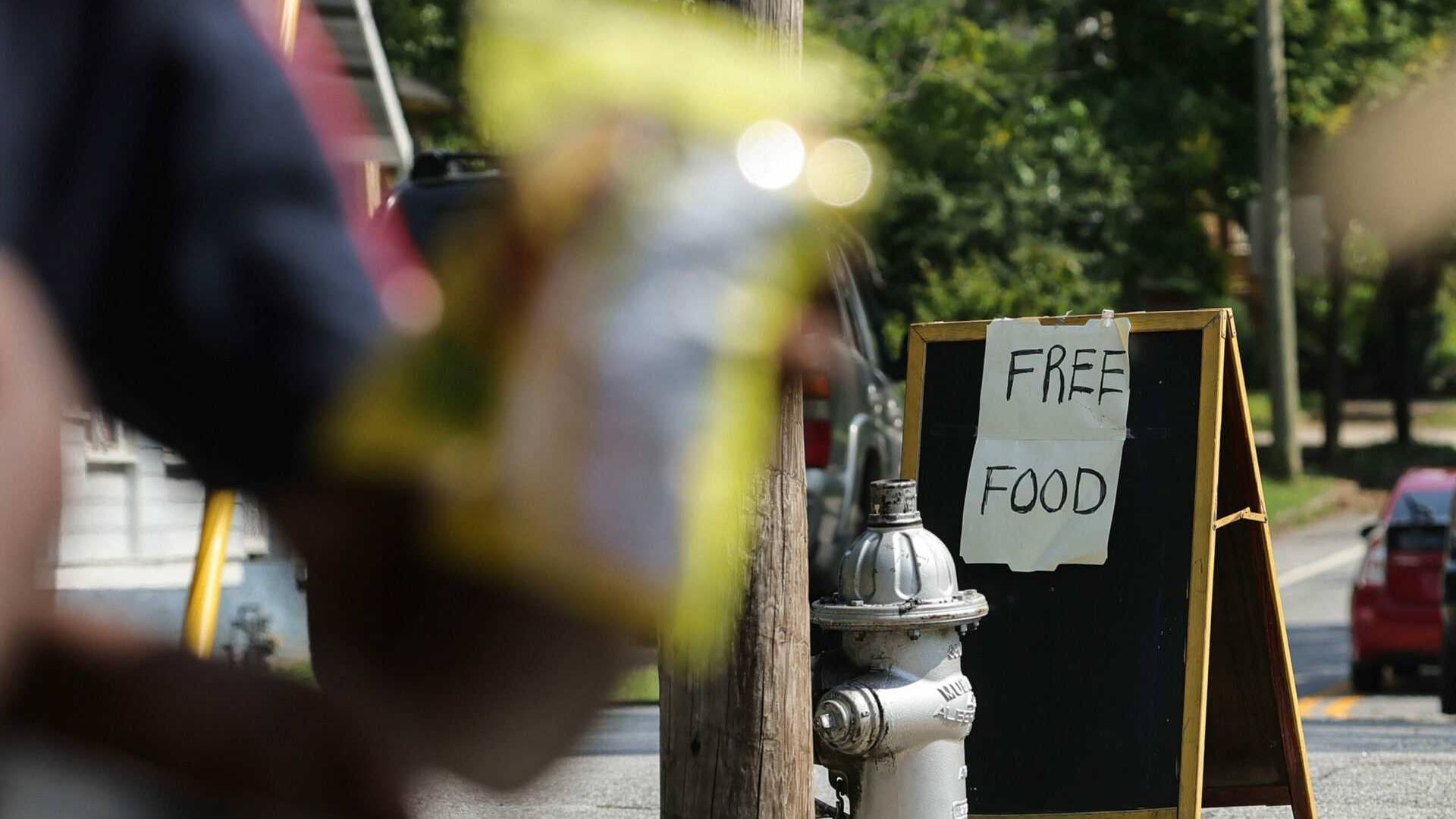UGA Study Reveals Food Insecurity Challenges for Military Families with Children
Go Back to News and Updates-

One in eight military families with children have used food banks in the past year, according to new research from the University of Georgia, shedding light on a severe problem in the military community. A recent study published in the journal Public Health Nutrition reveals racial inequalities in the military, finding that Asian, Black, and mixed families are roughly 50% more likely to depend on food assistance compared to their white counterparts.
The study was conducted in 2021, with 8,326 military families participating nationwide during the COVID-19 epidemic. The analysis shows a shocking association, with the number of children in a household increasing the risk of using a food pantry by 35%.
Assistant professor at the University of Georgia and lead author Catherine O'Neal made the following social observation: "If we look at the American population as a whole, roughly half of Americans are living paycheck to paycheck. So, it's not shocking that what we see with the military matches the larger public."
The research highlights the need to tackle food poverty among military families, not just as a moral issue but also because of its strategic implications for keeping service members. According to previous studies, approximately one-fourth of military families are food insecure, which suggests that more families may benefit from aid than are now receiving it.
The authors of the research hypothesize that social stigma prevents certain families from using food pantries, which contributes to the poor use of available resources. According to O'Neal, "it may be that those who need the resources are not using them." This exemplifies the need to raise people's levels of knowledge.
Additional research shows differences within the armed services, with Army families being more likely to use food pantries than their Air Force counterparts. To further emphasize the difficulty of making ends meet on a single income, studies have shown that two-income families are less likely to apply for food stamps.
The report suggests that community service organizations work together to increase people's knowledge of the resources they have at their disposal to combat this problem. Some recommendations include informing parents of these resources and placing lists of food distribution venues in daycares. The authors also suggest promoting the services of food banks and other community organizations.
The research highlights the importance of assisting military spouses in finding jobs as a means to improve the financial stability of military families and lessen food insecurity. The authors advocate for resource awareness initiatives that specifically target low-income families and other vulnerable demographics.
To solve the problem of food insecurity among military families, the University of Georgia research recommends a multifaceted strategy. Fighting prejudice, spreading information, and working together may positively affect the health of those who protect our country.
To read more, click on the following source link:

